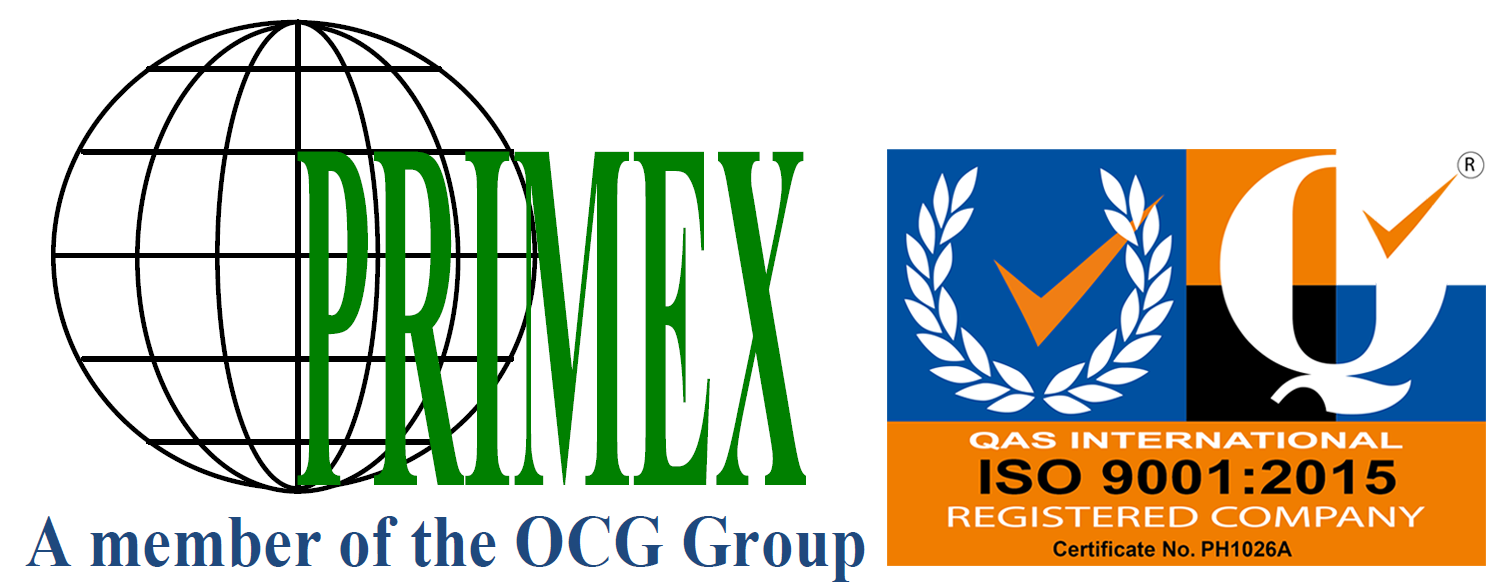Name of Client:
Asian Development Bank (ADB)
Country:
Philippines
Length of Consultancy Assignment:
Start Date: 15 July 2011
Completion Date: 31 May 2014
Detailed Narrative Description of Project:
The main issues that hinder the proper management of upper river basins (URBs) in the Philippines include the following: (i) insufficient staff competency in the Department of Environment and Natural Resources (DENR), local government units (LGUs), and communities in sound watershed land use and rehabilitation planning; (ii) low awareness of conservation practices; (iii) lack of incentives to protect public goods provided by the watershed; and (iv) the declining condition of rural infrastructure. To address these issues, the Government of the Philippines (GOP) requested the Asian Development Bank (ADB) to provide capacity development technical assistance (TA) to enhance the skills and knowledge of the staff of DENR, LGUs, and communities regarding sustainable watershed, environment, and rural infrastructure management as well as the diversification of livelihood options in watershed areas. To address these issues, the TA supported capacity development in the Department of Environment and Natural Resources (DENR), participating local government units (LGUs), and communities in sustainable watershed management (SWM) and rural infrastructure management (RIM) leading to sustainable increases in rural household income based on natural resources management (NRM). The impact of the TA will be sustainable increases in rural household incomes in Bukidnon based on natural resources, and its outcome will be LGUs and communities capable of planning and investing in sustainable watershed management and rural infrastructure management. The TA has three outputs that are being implemented by the participating LGUs with technical assistance and support from the consultants namely: (i) selected Bukidnon upper river basins (URBs) profiled and their capacity for participatory watershed planning enhanced; (ii) Bukidnon LGUs’ capacity for rural infrastructure planning, operation, and maintenance strengthened; and (iii) the LGUs’ and Bukidnon URB communities’ knowledge of livelihood options based on sustainable watershed management increased.
This Capacity Development Technical Assistance (CDTA) Project was designed to provide capacity development to the Department of Environment and Natural Resources (DENR) and local government units (LGUs) and communities (including volunteers, women, and IPs) on various aspects of the sustainable watershed and environmental management (including participatory watershed planning and the use of geographic information systems [GIS] in spatial and land use planning), rural infrastructure planning and operation and maintenance (O&M) (mostly rural roads and potable water supply), sustainable agroforestry and livelihood development, as well as the cross-cutting themes of climate change, gender and indigenous peoples (IP), and knowledge management and social marketing. The CDTA was implemented in the province of Bukidnon in north-central Mindanao.
Under the Rural Infrastructure Planning Component, the LGUs were trained in the four major stages of rural infrastructure development, viz., planning, design, implementation, and O&M. Training modules were developed based on these four stages and were used in the overall training on rural infrastructure planning and O&M. These modules were: (i) RI-1: Rural Infrastructure Planning and Design with Environmental and Social Safeguard Considerations; (ii) RI-2: Rural Infrastructure Implementation and Project Proposal Preparation; and (iii) RI-3: Rural Infrastructure O&M Project Proposal Writeshop. The training materials used for the RI trainings were consolidated and packaged into a Manual on Effective Rural Infrastructure Planning and O&M, which could serve as reference and sourcebook for the municipal LGUs. The manual included standard engineering specifications and prototype designs of common rural infrastructure projects incorporating climate change and gender and IP perspectives. The training course included the preparation of rural infrastructure proposals by the LGU training participants. Of 20 such proposals, 16 were upgraded to feasibility level, while the rest are for upgrading by the respective LGUs.
